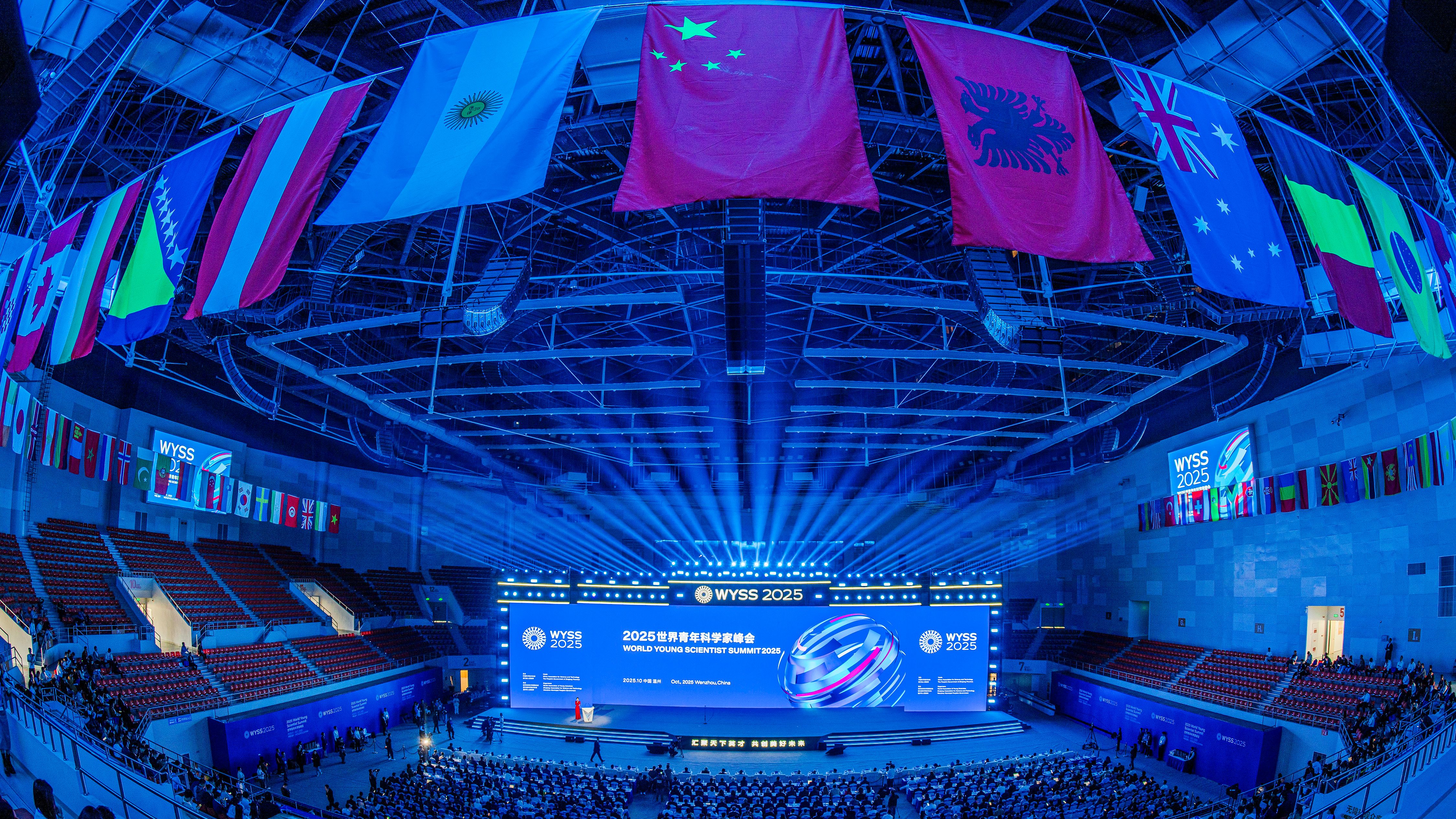
The 2025 World Young Scientist Summit plenary session opens in Wenzhou, east China's Zhejiang Province, October 25, 2025. /VCG
The 2025 Young Scientist Sustainable Development Goals Award was presented at the 2025 World Young Scientist Summit (WYSS) plenary session on Saturday in Wenzhou, east China's Zhejiang Province. Four young scientists from China, Italy and Germany were honored for their contributions to compound semiconductor materials, molecular and cellular biology, organic and perovskite photovoltaics, and photonic quantum computing.
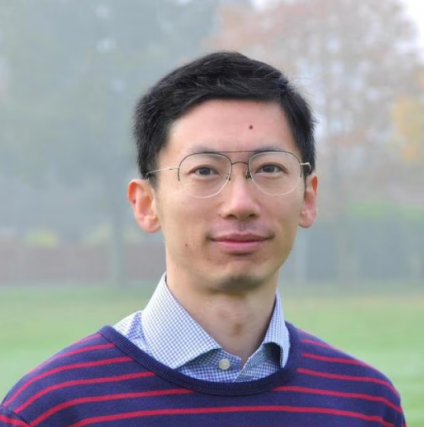
Liu Yingjun. /CMG
Among the awardees, Liu Yingjun from China developed a breakthrough electrochemical etching technology that converts defects in gallium nitride (GaN) crystals into channels for precise performance control. His innovation enables fine-tuning of the mechanical, thermal, electrical, and optical properties of compound semiconductors, opening new possibilities for wafer-scale manufacturing. By linking with the global semiconductor supply chain, Liu has brought laboratory innovations to the industrial forefront, bridging scientific progress with digital infrastructure.
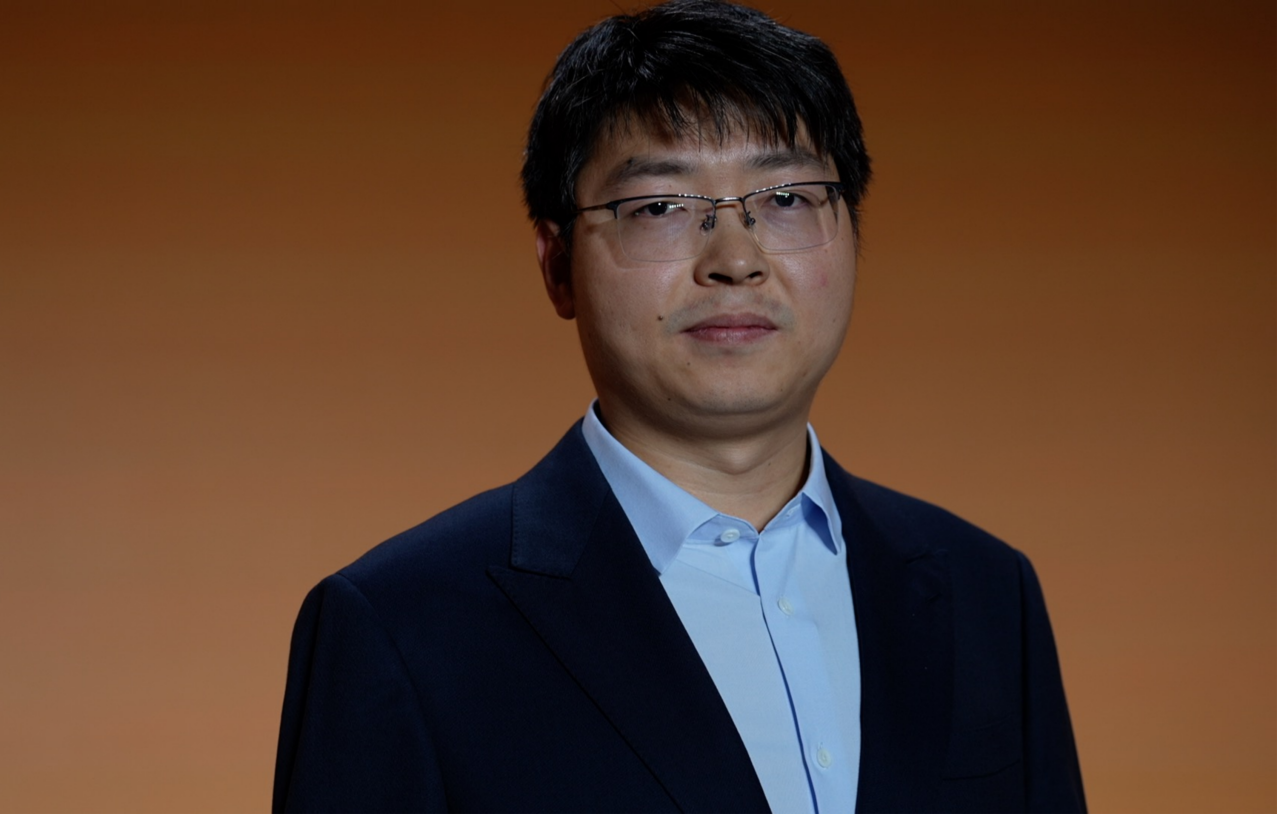
Wang Hui. /CMG
Chinese scientist Wang Hui, a core contributor to the 76-qubit photon-based quantum computer prototype Jiuzhang – the world's first photonic quantum computer to surpass classical supercomputers – has reached a milestone in quantum computing and optics. He developed a low-energy infrastructure foundation for tackling complex tasks, contributing to a more environmentally friendly computing paradigm. His quantum breakthroughs are driving innovation in infrastructure and advancing sustainable development goals.
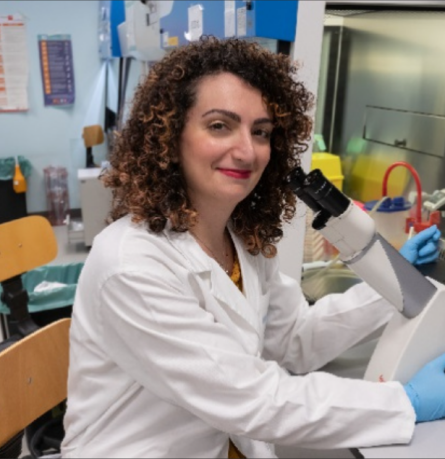
Mariangela Russo. /CMG
Mariangela Russo, an Italian scientist, was honored for her groundbreaking cancer research, which revealed stress-response mechanisms in tumor cells under targeted therapy. She proposed new strategies for more precise, personalized cancer treatment. Russo leads multiple EU and international research projects, actively promoting global collaboration and clinical translation in cancer research.
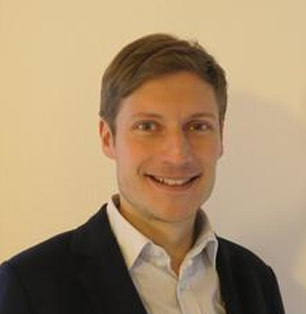
Wolfgang Tress. /CMG
German scientist Wolfgang Tress is a leading researcher in photovoltaic technologies, specializing in organic and perovskite photovoltaics. His work aims to make solar cells more efficient, low-energy and commercially viable. Tress is also involved in academic data-sharing projects, promoting global collaboration on perovskite materials to accelerate innovation in the renewable energy sector.
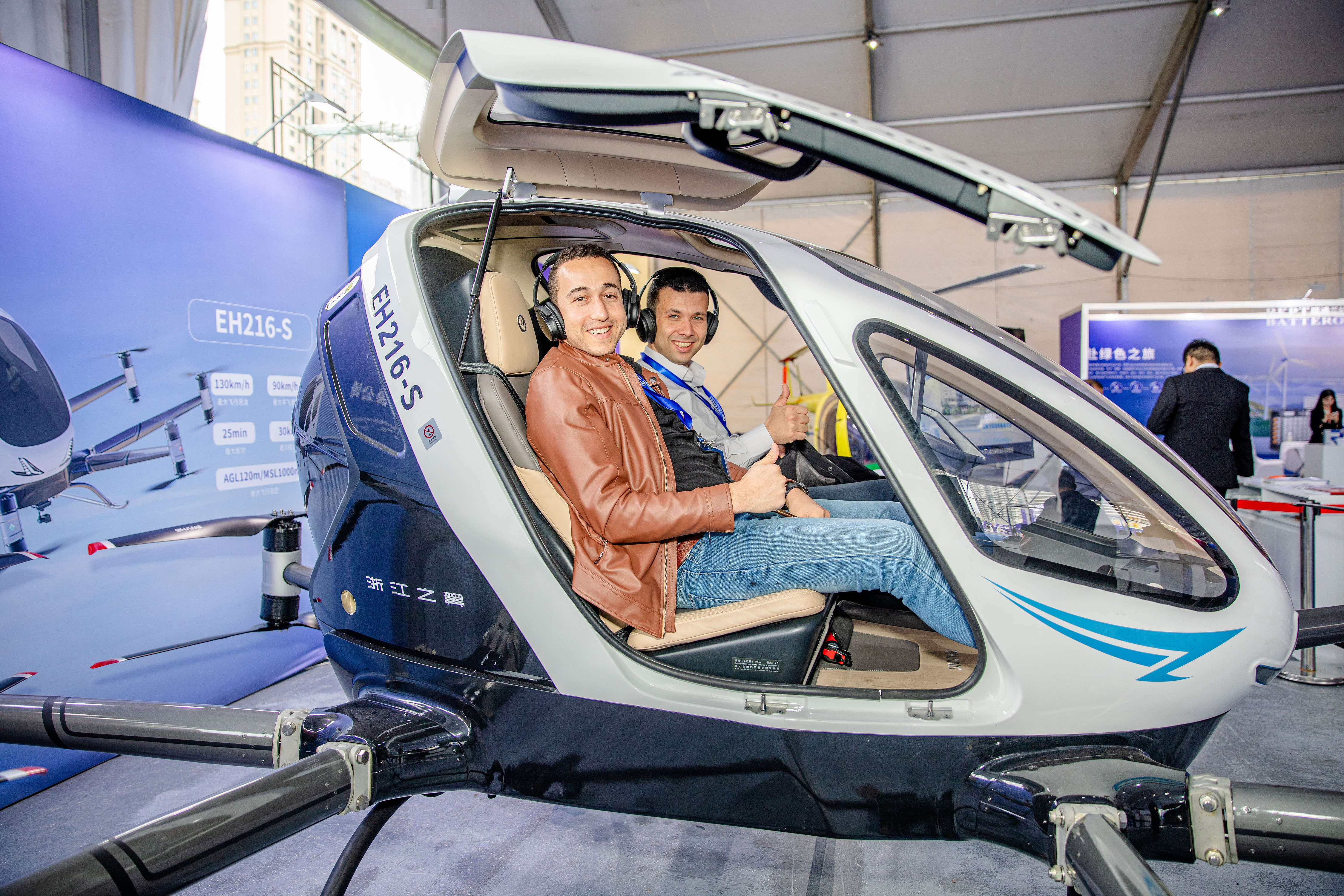
Visitors try out a two-seat multi-rotor aircraft at the 2025 WYSS experience zone in Wenzhou, east China's Zhejiang Province, October 25, 2025. /VCG
The summit also released new reports on the development of early-career scientists and the global distribution of young scientists in artificial intelligence. Additionally, it launched an international program to support innovation and entrepreneurship among young researchers.
Jointly organized by the China Association for Science and Technology and the Zhejiang provincial government, the WYSS has established ties with over 200 universities and international scientific organizations, becoming a prominent global platform for young scientists to engage in academic exchange.








 User Center
User Center My Training Class
My Training Class Feedback
Feedback












Comments
Something to say?
Login or Sign up for free